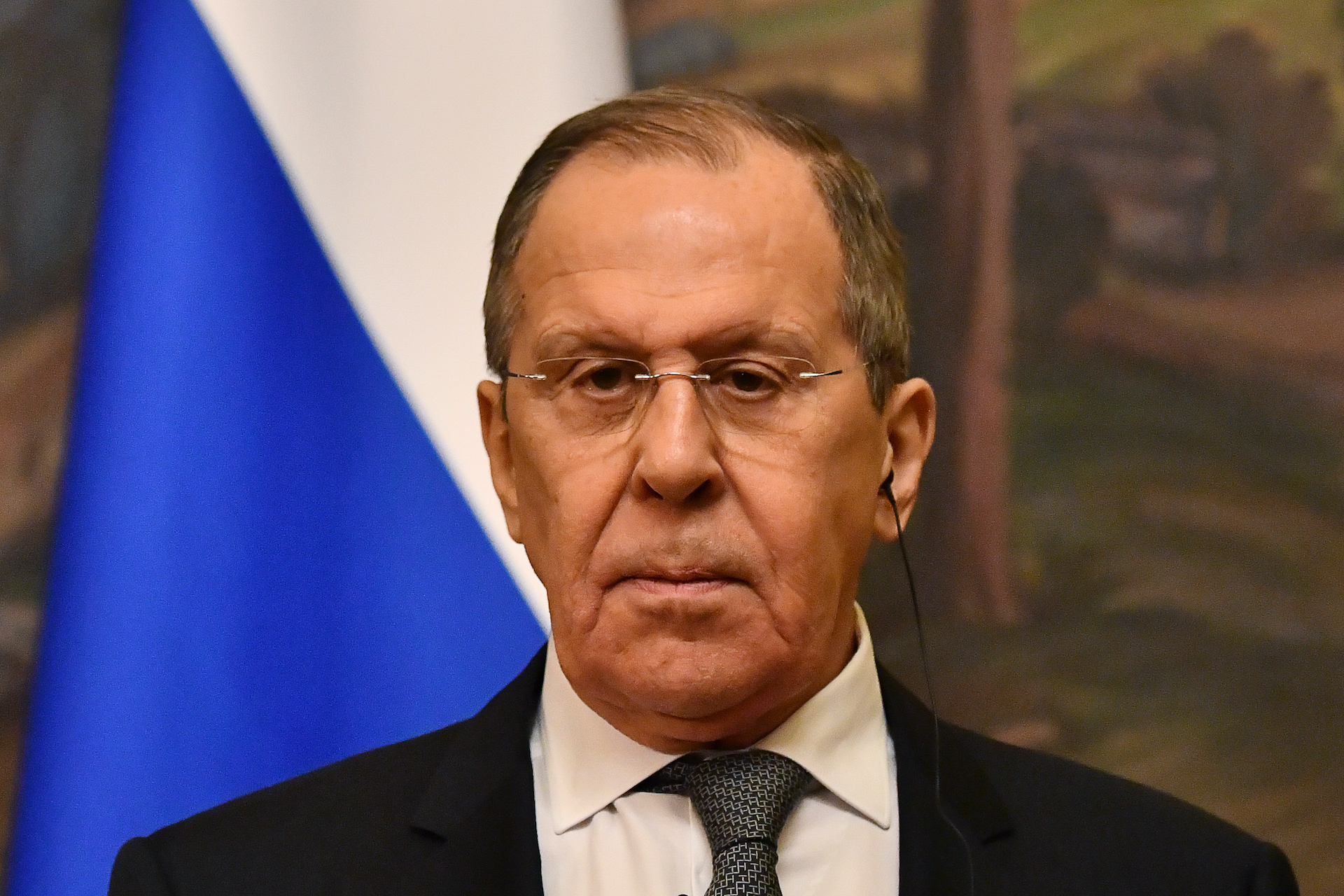Biden and Xi to have phone call after Lavrov U-turn
In this week’s China-Russia update: Joe Biden and Xi Jinping will talk as China continues to send ambiguous signals about the Ukraine invasion, and more.

Presidents Joe Biden and Xí Jìnpíng 习近平 are talking tomorrow, according to the White House, and will discuss “managing the competition between our two countries as well as Russia’s war against Ukraine and other issues of mutual concern.”
The surprise bilateral phone call was announced as German tabloid Bild reported that Lavrov was halfway to Beijing when his plane suddenly returned to Moscow (although other outlets have not confirmed Lavrov’s U-turn as of this writing). U.S. officials earlier in the week had warned that China had already decided to send economic aid to Russia amid the Ukraine conflict. The bilateral phone call and Lavrov’s potential U-turn are possibly tied to Beijing’s potential economic (and, less likely, military) assistance for Russia.
If Beijing extends economic or — especially — military aid to Moscow before a peace agreement over Ukraine is reached, its bilateral relationships with Washington and Brussels will likely deteriorate to new lows. There are signs that economic pressures and military setbacks have led Putin to scale back war aims and potentially even consider some sort of peace agreement. Any P.R.C. economic assistance for Moscow could therefore give Putin a freer hand to extend the conflict. If Beijing delivers aid to Putin at this critical moment, then it will have definitively chosen Russia over Europe and the rest of the West.
China and Russia trade ties have never been more important
Moscow requested economic support from China even in the early days of the conflict, as Gazprom announced it had signed a design contract for the Power of Siberia-2 (PoS-2) natural gas pipeline, perhaps in an effort to nudge Beijing. Chinese officials have not exactly shot down these requests, as wolf warrior Foreign Ministry spokesperson Zhào Lìjiān 赵立坚 stated that “China and Russia will continue to conduct normal economic and trade cooperation in the spirit of mutual respect, equality, and mutual benefits.”
So far, talk about “normal economic and trade cooperation” is largely performative. Most Chinese companies have complied with sanctions.
Potential pathways out of the war (were?) coming into focus
We may be in the beginning of the end of the Russia-Ukraine war, although fighting may get worse (potentially much worse) before it gets better. Russia and Ukraine have drawn up a neutrality pact amid signs that Moscow and Kyiv may be willing to compromise from their status quo ante bellum positions.
Still, the worst may be yet to come, particularly in Mariupol, Odesa, and other Ukrainian cities along the Black Sea or astride a potential land bridge to Crimea. There’s evidence that Putin’s forces purposely targeted a city theater that was sheltering up to 1,200 individuals, including children.
The bombing of the theater may foreshadow more gruesome urban combat in the days ahead, as Putin’s forces may push into several Ukrainian cities. Putin may be calculating that applying brute force against civilians in Mariupol, while costly along several dimensions, may nevertheless deliver territorial gains and negotiating leverage.
Chinese responses to atrocities
Agence-France Presse asked the Chinese Foreign Ministry for a comment about the theater bombing. Predictably, Zhao Lijian dodged the question; claimed that Beijing has consistently supported peace talks and humanitarian efforts; pivoted to Iraq, Syria, Afghanistan, and Palestine; and called the U.S. and NATO hypocritical.
Beijing floods the zone with the biolab conspiracy theory
Much of the Chinese propaganda apparatus, from Zhao Lijian at MFA press conferences to the People’s Daily’s English-language editions, are doubling down on the Kremlin’s false claims of U.S. bio attacks. While these claims are unpersuasive to most, they may nevertheless be effective.
There is a finite amount of time, attention, and publishing space, so every second that Zhao or the propaganda apparatus talks about the biolab conspiracy theory reduces scrutiny of the P.R.C.’s implicit support for Putin, leads to fewer questions about atrocities in Ukraine, etc.






